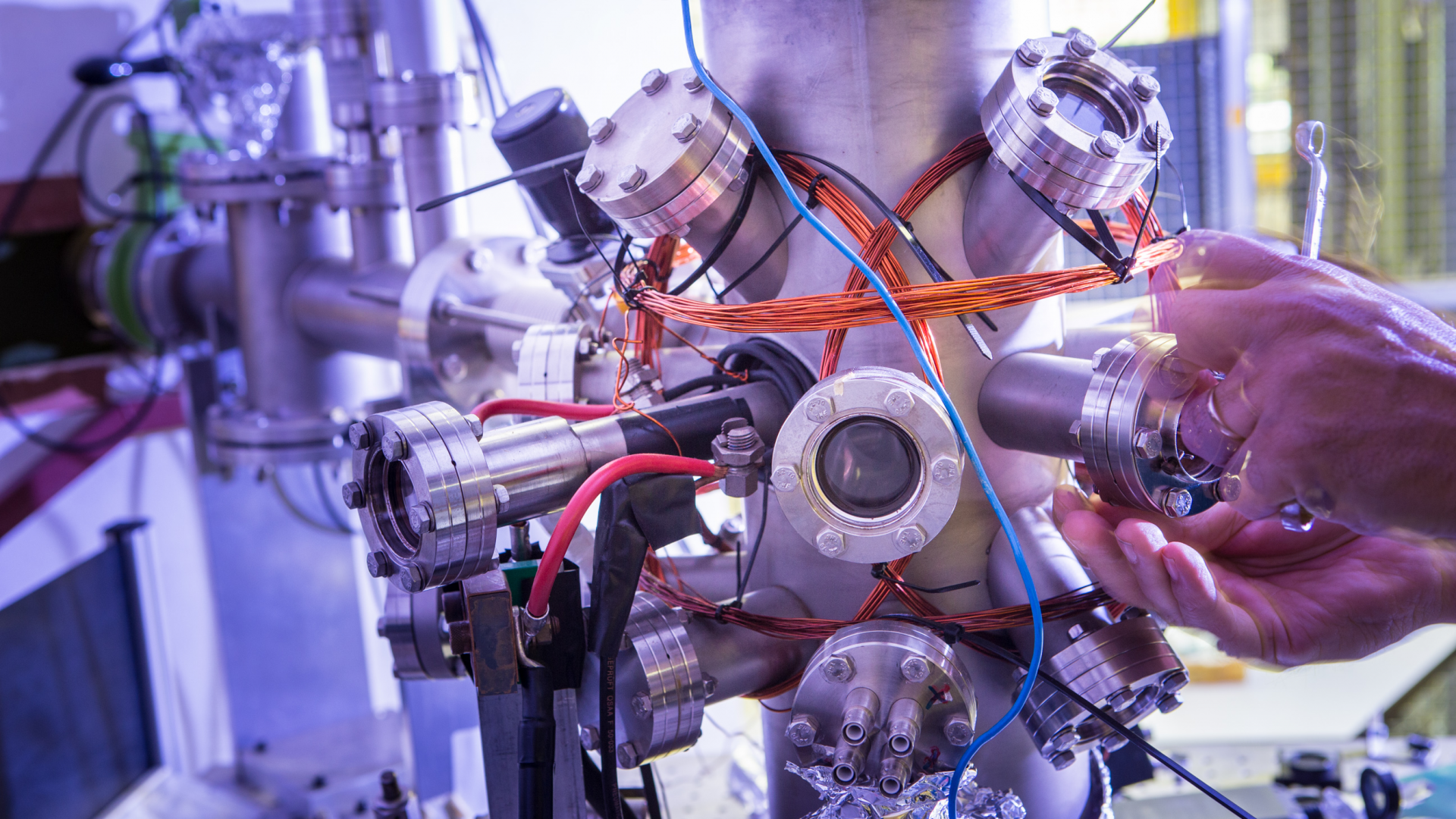Extreme ultraviolet photoemission of a tin-based photoresist
Tin is a suitable element for inclusion in extreme ultraviolet photoresists because of its relatively high-absorption cross section at 92 eV. The electrons emitted after photon absorption are expected to generate secondary electrons in the solid film. In this way, several pathways lead to reactive species that cause a solubility switch. Here, we report the photoelectron spectra of tin oxo cage photoresists over the photon energy range 60–150 eV, and the relative yields of photoelectrons from the valence band of the resist, from the Sn 4d orbitals, and of inelastically scattered electrons. The experimental excitation spectra differ considerably from those predicted by commonly used database cross section values, and from the combined computed subshell spectra: the maximum efficiency of ionization of Sn 4d both in the photoresists and in Sn metal occurs near the industrially relevant EUV wavelength of 13.5 nm.








